1918 selected standards and hits
______________________________________
After You’ve Gone (Turner Layton, Henry Creamer)
How Ya Gonna Keep ‘Em Down on the Farm (m. Walter Donaldson, w. Sam M. Lewis, Joe Young)
At the Jazz Band Ball (Edwin B. Edwards, Nick La Rocca, Tony Spargo & Larry Shields)
Ja-Da (Bob Carleton)
Rock-A-Bye Your Baby with a Dixie Melody (m. Jean Schwartz, w. Sam M. Lewis and Joe Young)
Till We Meet Again (Richard A. Whiting, Raymond B. Egan)
Somebody Stole My Gal (Leo Wood)
I’m Forever Blowing Bubbles (John Kellette, Jaan Kenbrovin)
_____________________________
 After You’ve Gone (Turner Layton, Henry Creamer)
After You’ve Gone (Turner Layton, Henry Creamer)
Excerpt from WICN.org’s Song of the Week feature:
After Jolson introduced “After You’ve Gone” in 1918, a number of recordings were made that year, but the most successful was by Marion Harris; her recording stayed on the pop charts for three weeks and peaked at #1. In the early 1920s Harris was a popular singer in vaudeville and Broadway shows. One of the first white women to sing blues and jazz songs, she favored songs by African-American writers. She explained her preference by saying, “You usually do best what comes naturally, so I just naturally started singing Southern dialect songs and the modern blues songs.” Harris recorded “After You’ve Gone” for the Victor Record label, but in 1920 when that label refused to allow her to record W.C. Handy’s “St. Louis Blues,” she left the label and moved over to Columbia Records, where she did record the song, which became a hit. In his autobiography Father of the Blues, Handy wrote of her, “Marion Harris, celebrated White Blues singer, left a recording company that objected to her making a record of “St. Louis Blues.” Miss Harris had used our numbers in vaudeville for a long time, and she sang blues so well that people sometimes thought that the singer was colored.”
Marion Harris, 1919
.
Bessie Smith, 1927
.
Louis Armstrong and His Orchestra — 26 November 1929, New York City
_________________________
How Ya Gonna Keep ‘Em Down on the Farm (m. Walter Donaldson, w. Sam M. Lewis, Joe Young)
Nora Bayes
.
Arthur Fields, 1919
.
Arthur Fields (August 6, 1888 – March 29, 1953) was a United States singer (baritone) and songwriter. He was born Abe Finkelstein in Pennsylvania in Philadelphia, but grew up mainly in Utica, New York. He became a professional singer as a youngster. Around 1908 he toured with Guy Brother’s Minstrel Show, and helped form a vaudeville act “Weston, Fields and Carroll”.
His first hit as a songwriter was On The Mississippi (1912) which he wrote the music for with Harry Carroll and Ballard MacDonald supplied the lyrics. In 1914 he wrote the lyrics to Aba Daba Honeymoon, which was revived for the 1950 M.G.M. film Two Weeks With Love and thus got a renewed popularity which brought Fields large royalty incomes during his last two years. – full wikipedia article here: Fields
___________________
At the Jazz Band Ball (Edwin B. Edwards, Nick La Rocca, Tony Spargo & Larry Shields) The songwriters were members of the Original Dixieland Jazz Band. It has to have been one of their early songs because Edwards (trombone) was replaced in 1918 after he was drafted into the army. La Rocca was the leader of the band, playing cornet and trumpet. He billed himself as “The Creator of Jazz”. Spargo was the band’s drummer for over 50 years. Shields was the band’s clarinetist from late 1916 to 1921.
Bix Beiderbecke- date unknown, probably late 20s
.
Sidney Bechet’s Blue Note Jazzmen, 1949
____________________
Ja-Da (Bob Carleton)
Eddie Condon with Bud Freeman and Bobby Hackett – 1938
__________________________
Rock-A-Bye Your Baby with a Dixie Melody (m. Jean Schwartz, w. Sam M. Lewis and Joe Young)
Al Jolson
I assume this is the 1918 recording by Jolson which introduced the song. Kind of tinny, but included because of its historic importance.
.
Al Jolson accompanied by Oscar Levant on piano, a live performance. This is probably from NBC radio’s Kraft Music Hall, hosted by Jolson. Levant was reportedly a frequent guest on the shows.
.
Judy Garland
August 1955 studio recording for Capitol Records JG with Orchestra conducted by Jack Cathcart
The slide show features pictures of Judy and her family including the two elder Gumm sisters, her Mother, her children Liza Minnelli and Lorna and Joey Luft, and her hubands David Rose, Vincente Minnelli, Sid Luft, Mark Herron and Mickey Deans.
.
The Judy Garland Special on Ford Star Jubilee; airdate: 24 September 1955 — According to the Judy Garland Database the show was broadcast on CBS as the premiere episode of the Ford Star Jubilee TV Series. I may put together a feature on this show as there seem to be at least a few other clips available.
.
Later Garland performances of the song include her Cocoanut Grove appearance on 6 August 1958, the Carnegie Hall show of July 1961, as well as taped performances for Episodes #12 and #20 of the Judy Garland Show in 1963-64.
A concert at Minnesota’s State Centennial celebration, 11 May 1958, according to youtube provider BuzzStephens1.
.
Another undated performance, with slide show of Judy pics
.
The Andy Williams Show, 20 September 1965
_______________________
Till We Meet Again (Richard A. Whiting, Raymond B. Egan)
A recording by Henry Burr and Albert Campbell was the number one hit of the year. Haven’t found this one yet.
Dave Williams – undated
______________________
Somebody Stole My Gal (Leo Wood) – The dozens of covers, many of them recent, available at Youtube and other video libraries attest to the lasting appeal of the song. It’s evidently a favorite of many dixieland bands and ukulele players. According to Wikipedia, Somebody Stole My Gal has been used in the soundtracks of at least seven Hollywood films.
Ted Weems and his Orchestra – recorded 20 November 1923
.
Bix Beiderbecke and His Gang – Bix Beiderbecke, c / Bill Rank, tb / Izzy Friedman, cl / Min Leibrook, bsx / Roy Bargy or Tom Satterfield, p / Harold MacDonald, d. New York, 17 April 1928.
.
Frankie Franko and his Louisianians -1930 – Vocal and trumpet by Kid Punch, nickname for Ernest “Punch” Miller
.
Benny Goodman and His Orchestra – date unknown
.
George Lewis and his New Orleans All Stars — recorded live in Tokyo on 21 August 1963
.
John Green’s Snap Syncopators – recorded live c. 1979 at The Half Moon, a pub in Putney, South West London, UK
.
Click on the title to visit our separate feature page on
- I’m Forever Blowing Bubbles (John Kellette, Jaan Kenbrovin)
_________________________
 External links to additional selected hits, standards and other songs published in 1918:
External links to additional selected hits, standards and other songs published in 1918:
- Everything is Peaches Down in Georgia (Bill Murray and the American Quartet)
- Fidgety Feet (Original Dixieland Jazz Band, recorded 25 June 1918) – jazz standard with notable covers by The Wolverine Orchestra (directed by Bix Beiderbecke, 1924), Fletcher Henderson, Bobby Hackett, Eddie Condon, Bob Crosby, and the Dixieland Crackerjacks
- A Good Man is Hard to Find (w.m. Eddie Green)
- Hindustan (w.m. Oliver G. Wallace & Harold Weeks)
- I’ll Say She Does (vocal: Al Jolson, 1919 recording)
- In the Land of Beginning Again (vocal: Bing Crosby, in The Bells of St. Mary’s, 1945)
- K-K-K-Katy
- Oh! How I Hate to Get Up in the Morning (Irving Berlin)
- They Were All Out of Step but Jim (Irving Berlin)
- Without You (m. Irving Fisher, w. Nora Bayes)
__________________________________________















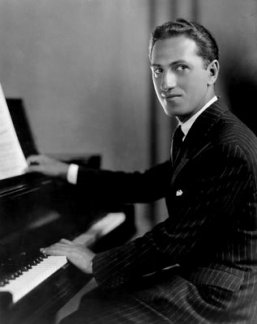

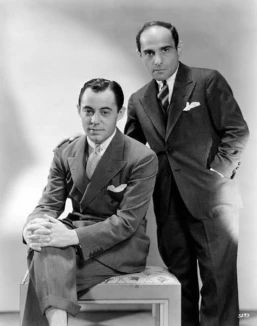

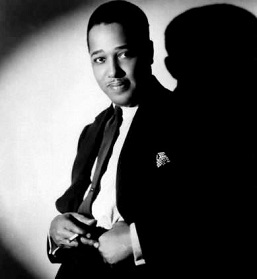


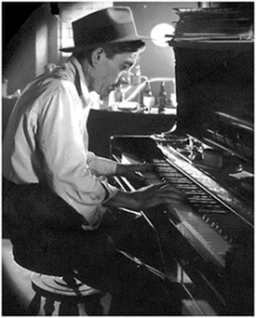
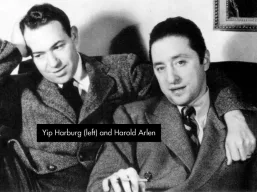
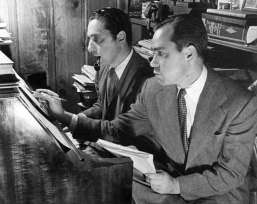



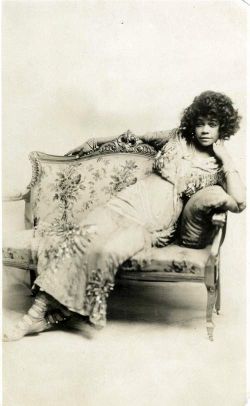





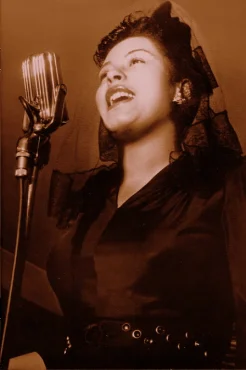




May 22, 2020 @ 02:18:20
LikeLike